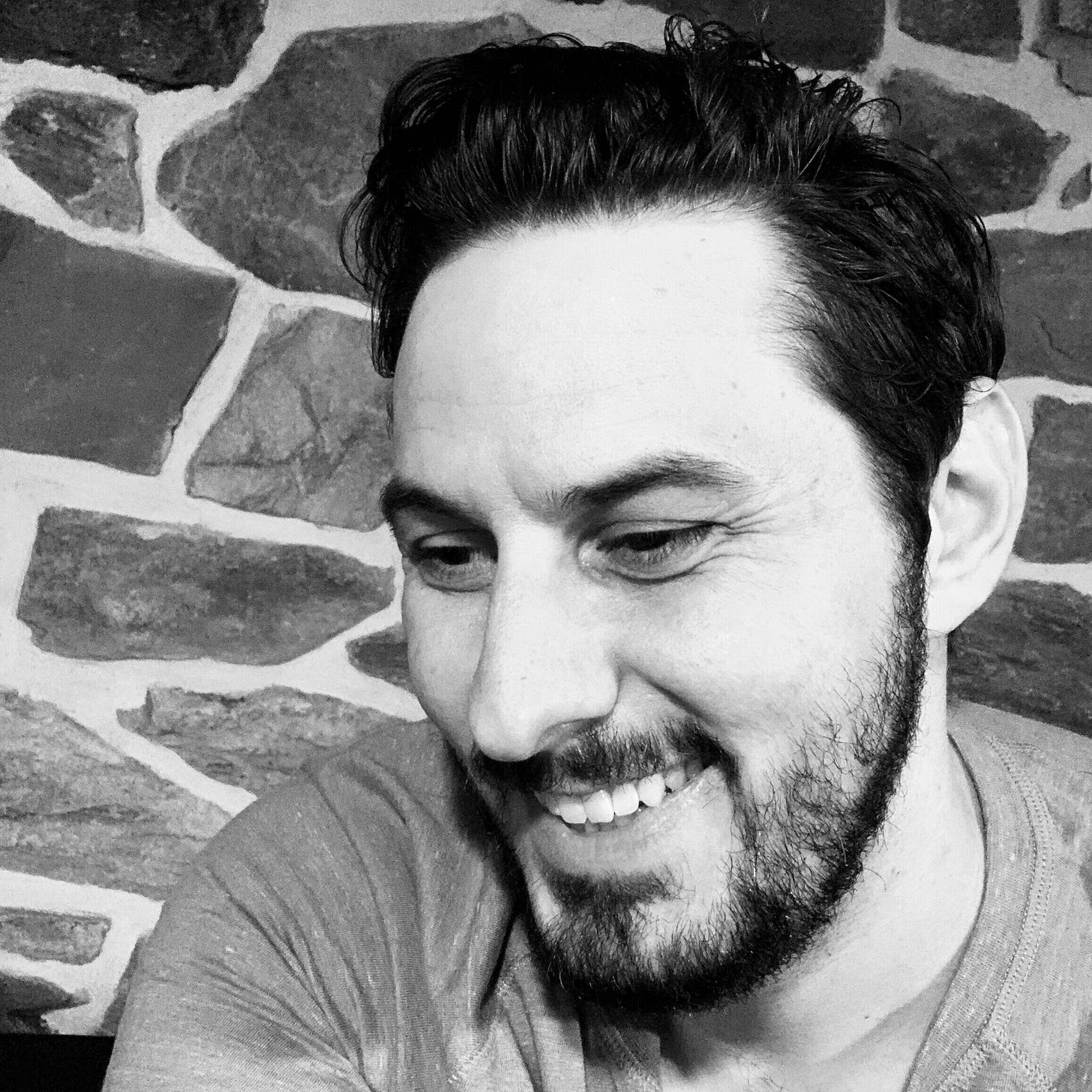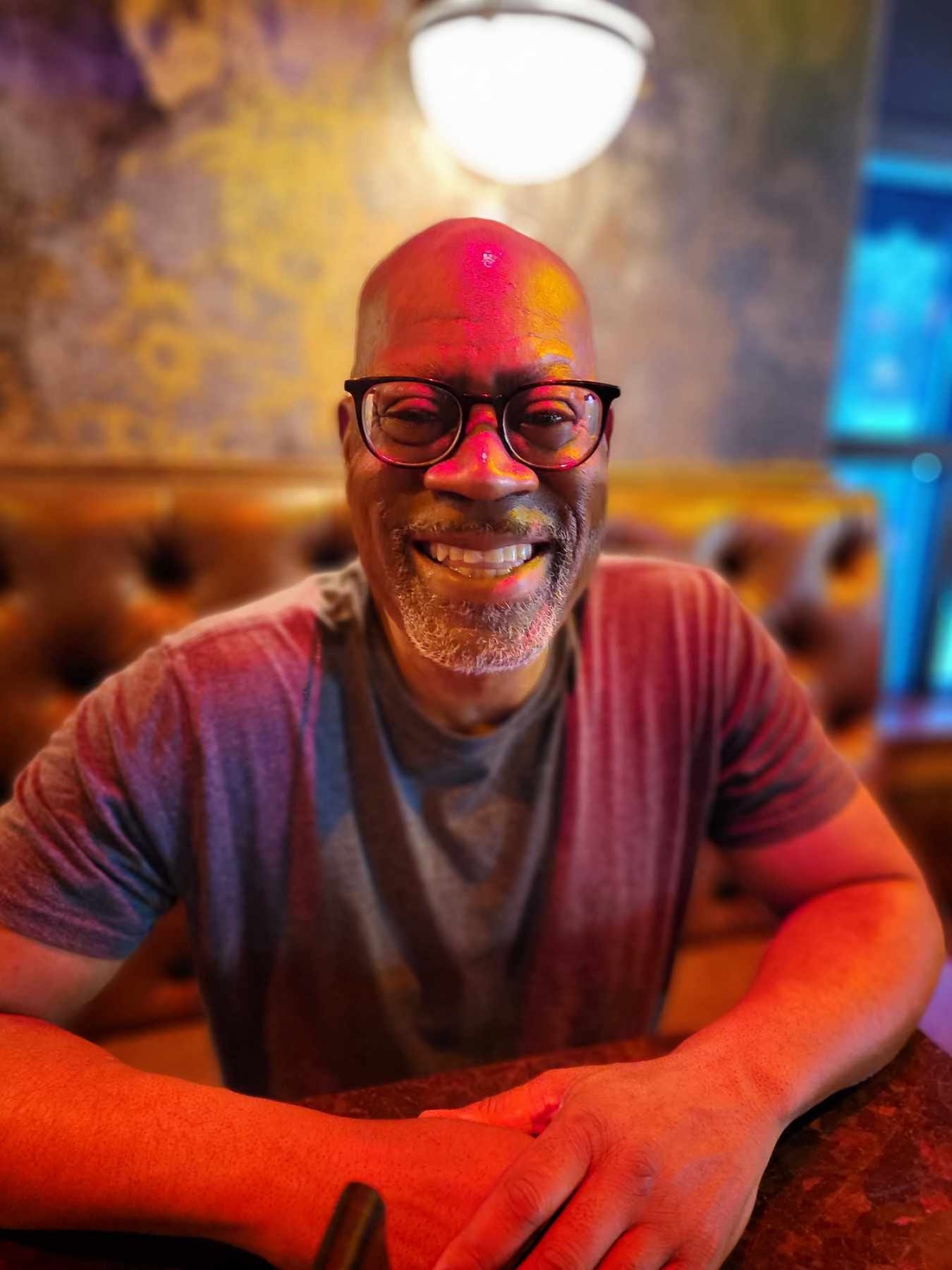Is Ayn Rand Still Relevant?
Noted Author and Thought-Leader Don Watkins Weighs In
“What’s important about Ayn Rand is precisely that she’s a philosopher. She’s asking us to rethink basic questions, not just about politics, but even more so about the nature of good and evil, and she has answers that are totally different from anything you’ve ever heard before. You might not end up agreeing with her, but you will never regret grappling with the unique perspective she offers on the world.”
Don Watkins
I first became aware of Ayn Rand back in 1985 when a fellow patron in a pizzeria in Evanston, Illinois mentioned her.
Random conversation but totally profound.
For a deep dive into how our encounter went down, check out this link to an article I wrote back in September of 2021 entitled “The Unmasking of Ayn Rand’s Atlas Shrugged.”
Over the years I have become a student of Rand’s work through a number of thinkers who have carried her profoundly important legacy forward. Don Watkins is one such individual. A vocal critic of the welfare state, he is the coauthor with Yaron Brook of the national best-sellers Free Market Revolution: How Ayn Rand’s Ideas Can End Big Government and Equal Is Unfair: America’s Misguided Fight Against Income Inequality.
Through the Ayn Rand Institute, Watkins has explored and created thought-leadership on inequality, Social Security reform, the welfare state, and the moral foundations of capitalism. Today, in addition to a coaching practice where he supports champions of liberty in creating more impactful books, articles, and speeches, Don serves as Director of Education for the Center of Industrial Progress, an organization that seeks to bring about a new industrial revolution by cultivating the untapped potential of individuals through a number of industries, including mining, manufacturing, agriculture, chemistry, and energy.
Below is a recent interview I did with Don on how Ayn Rand might speak to the forever evolving dynamics facing America. As always, your comments for and against are always welcome below.
There has been much media attention directed of late to the social, economic, and political divide facing our nation. What are some key considerations for critically thinking our way through this?
In one sense, there clearly is a divide in America. But in another sense, there isn’t. Specifically, there is a tribal divide, but not an intellectual one.
Intellectually, the Red Tribe and the Blue Tribe are both collectivist. Their differences amount to details about which groups should have moral status and which group dogmas should go unquestioned.
So how do you believe Ayn Rand’s views on individualism can contribute to this conversation?
Ayn Rand warned about the rise of tribalism fifty years ago, and offered an alternative: individualism. Individualism calls on us to respect the moral and political right of each individual to think, work, and live for the sake of one’s own happiness, neither sacrificing themselves to others nor others to themselves. She asserts that it is individualism, and only individualism, that makes possible peaceful coexistence and cooperation among human beings.
What 2-3 emerging trends are you keeping a close eye on in terms of the ever present assaults on freedom taking place in America?
The most important negative trend to watch, in my view, is always: freedom of speech. Regardless of how bad things get, so long as the individual is still politically free to advocate any idea without being threatened by the government, then there is a chance to persuade people of better ideas. Unfortunately, free speech is under attack today by all sides.
But I am also keeping a look out for positive trends. And here I would name two movements, neither of which is perfect. First, there is a burgeoning push for school choice, which is a worthy first step towards getting the government out of the business of dictating the ideas and values taught to children. Second, I would name the nascent progress movement. There are a growing number of thinkers interested in the causes of human progress and committed to the cause of human progress. It remains to be seen exactly how this movement will evolve, and the extent to which it will embrace the right philosophical principles. But the fact that it exists is something worth celebrating.
How do you believe Ayn Rand’s spirited defense of free markets stands amid the growing socialist economic narratives being bantered around in certain circles?
A point that Rand stressed again and again is that politics is downstream of culture and culture is downstream of philosophy. Socialism, and every other form of collectivism, are popular because of deeper philosophical ideas that permeate a society, particularly the ideals of a culture.
Our culture continues to be dominated by the Christian notion that morality consists of self-sacrifice, as against the Greek notion that morality consists of guidance for human flourishing. Because socialism simply is one political manifestation of that ideal, it should come as no surprise that that socialism is viewed as sexy.
This only makes Rand’s own defense of free markets more urgent. We’ve seen what happens when you try to defend capitalism by appealing to religion or oppose socialism by saying “It’s good in theory but doesn’t work in practice.” We need a completely new approach.
Rand’s approach is to say that socialism is disastrous in practice because it is evil in theory. What is the theory? In Rand’s words:
“Socialism is the doctrine that man has no right to exist for his own sake, that his life and his work do not belong to him, but belong to society, that the only justification of his existence is his service to society, and that society may dispose of him in any way it pleases for the sake of whatever it deems to be its own tribal, collective good.”
Capitalism, by contrast, works because it is moral: it is the system based on the recognition that each individual has a right to exist by his own thought and effort, for the sake of his own life and happiness.
In your book “Equal Is Unfair” you make the argument that America’s fight against income inequality is misguided. Can you elaborate a bit on your views here?
The key point here is that you cannot be for equality because different conceptions of equality conflict. Specifically, you can champion political equality, where the equal rights of each individual are protected by the government, or you can champion economic equality, where the government violates the rights of some individuals to provide unearned benefits to other individuals.
The champions of economic equality pose as moral crusaders. But what is moral about penalizing people because they create values in order to reward people for not creating values? What is noble about “You work, I benefit”? And how is it not monstrous to advocate a theory that implies it’s better that we be equally poor than that we be unequally prosperous?
The reality is that economic equality is a complete fantasy that benefits no one. Why should I care whether I’m in the bottom ten percent or the top ten percent? My relative income is totally meaningless. The only thing I care about is being able to make something of my life.
Certainly, the immigrants who came to America over the last 200 years weren’t coming because it was the most economically equal place in the world. They came because it was the freest, most opportunity-rich place in the world. That’s what matters: economically and morally.
What in your mind would a successful America look like if Ayn Rand’s prominent philosophies were fully embraced?
I don’t know how to answer that without it sounding like arbitrary propaganda. So let me use this as an opportunity to make a somewhat different point.
Almost every person today agrees that something has gone really wrong in this country. And if something has gone really wrong, then it’s important to think clearly about what’s really right. And that means questioning even your most basic assumptions.
That’s what philosophy does. It’s the science that identifies and helps us think critically about our most basic assumptions. If you don’t study philosophy, then you will inevitably take over a bunch of assumptions about what’s true and what’s good from the culture….the one that by your own estimate is messed up.
What’s important about Ayn Rand is precisely that she’s a philosopher. She’s asking us to rethink basic questions, not just about politics, but even more so about the nature of good and evil, and she has answers that are totally different from anything you’ve ever heard before. You might not end up agreeing with her, but you will never regret grappling with the unique perspective she offers on the world.
A Note From Diamond-Michael Scott:
“Great Books, Great Minds” is my full-time work and life passion, a labor of love fueled by the endless hours of work I put into researching and writing these feature pieces. My mission is to fuel a new world of community, connection, and belonging, one book at a time. So if you enjoy this digital newsletter, find it valuable, and savor world-class book experiences featuring epic authors and book evangelists, then please consider becoming a paid supporting member at $6.00 a month or $60.00/year.







Ayn Rand’s take on socialism misses the boat by a wide mark. Homo sapiens are a social species. Our use of language developed as a tool that furthered our social interdependence and hence survival. Our development of culture in myriad forms, our unparalleled success over the millions of years of evolution to the hundreds of millennia of existence in our modern form, are all due to the success of social interdependence and cooperative collaboration. Since the Agricultural Revolution, and particularly in the current age, the promotion—nay, worship—of individualism in the form Randians now celebrate is at the root of aristocracies, autocracies, and ultimately, totalitarianism.
I'm not sure how many people ever thought Ayn Rand was relevant, but I dove into Objectivism for the same reasons you did. Someone introduced me to Rand and I read as much of her as I could. She had an incredible mind, but she didn't understand some essential things about Christianity, and because of that misunderstanding she fought hard against it.
Of course, it would be fair to state that her misunderstanding was due in part to how the church has positioned itself in the West in the last couple of hundred years, but that's a different argument.
All philosophy is important. Everyone is guided by a philosophy, and for that reason, it's important to study philosophy so that one can understand how to determine what is valuable in life. Even if one rejects Rand, or another philosophy, studying philosophy helps us embrace what we believe more fully. Rand helped me do that in more than one way.